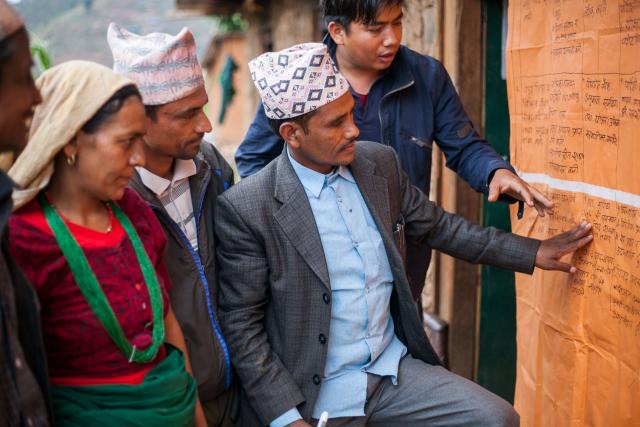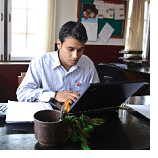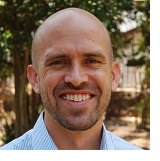Integrated Resilience Programming: Lessons from Uganda, Nepal, and Ethiopia

Join REAL and team members from USAID-funded programs in Uganda, Nepal, and Ethiopia for an interactive discussion on successes and challenges of implementing integrated resilience programming in food security activities.
Defined as, “the intentional layering and sequencing of multi-sectoral interventions and the coordination of actors in order to prevent or reduce the drivers and effects of shocks and stresses that undermine the program and the long-term well-being of the target population,” integrated resilience programming has proven crucial to sustained resilience outcomes and the success of food security activities across the USAID portfolio.
By the end of this session, participants will have learned about the added value of integrated resilience programming in food security activities, hear examples of what integration looks like in practice, and learn about challenges faced when attempting to integrate programs at different stages of the program life cycle. Breakout group discussions will allow for more in-depth conversations with peers. This event is primarily for development practitioners who support USAID-funded activities, especially those working on food security and resilience.
Learn more
What Facilitates Integration in Resilience Programs? A Case Study on Nepal
Panelists
 Sagar Pokharel (Panelist) is the Technical Director for Apolou, the USAID Development Food Security Activity (DFSA) in Karamoja, Uganda. Through Apolou and previous work as the Resilience Director of Promoting Agriculture, Health, and Alternative Livelihoods (PAHAL) in Nepal, he has fully embraced integration as an approach for catalyzing resilience building within DFSAs.
Sagar Pokharel (Panelist) is the Technical Director for Apolou, the USAID Development Food Security Activity (DFSA) in Karamoja, Uganda. Through Apolou and previous work as the Resilience Director of Promoting Agriculture, Health, and Alternative Livelihoods (PAHAL) in Nepal, he has fully embraced integration as an approach for catalyzing resilience building within DFSAs.
 Michael Mulford (Panelist) has more than 18 years of experience designing, managing and evaluating international relief and development programs, primarily in sub-Saharan Africa. As Chief of Party, he currently leads the USAID Strengthening PSNP 4 Institutions and Resilience (SPIR) program in Ethiopia.
Michael Mulford (Panelist) has more than 18 years of experience designing, managing and evaluating international relief and development programs, primarily in sub-Saharan Africa. As Chief of Party, he currently leads the USAID Strengthening PSNP 4 Institutions and Resilience (SPIR) program in Ethiopia.
 Jeeyon Kim (Lead Author) is the Senior Researcher for Resilience at Mercy Corps, where she leads research related to resilience in fragile contexts. Her recent research focuses on migration and linkages between resilience and women’s empowerment, social connectedness, and food security.
Jeeyon Kim (Lead Author) is the Senior Researcher for Resilience at Mercy Corps, where she leads research related to resilience in fragile contexts. Her recent research focuses on migration and linkages between resilience and women’s empowerment, social connectedness, and food security.
 Jill Scantlan (Moderator) is Mercy Corps’ resilience monitoring, evaluation, research and learning advisor based out of Portland, Oregon USA. In this role, Jill works with teams to set up their resilience monitoring, evaluation, and learning systems, including designing measurement frameworks, conducting research studies and facilitating learning events.
Jill Scantlan (Moderator) is Mercy Corps’ resilience monitoring, evaluation, research and learning advisor based out of Portland, Oregon USA. In this role, Jill works with teams to set up their resilience monitoring, evaluation, and learning systems, including designing measurement frameworks, conducting research studies and facilitating learning events.